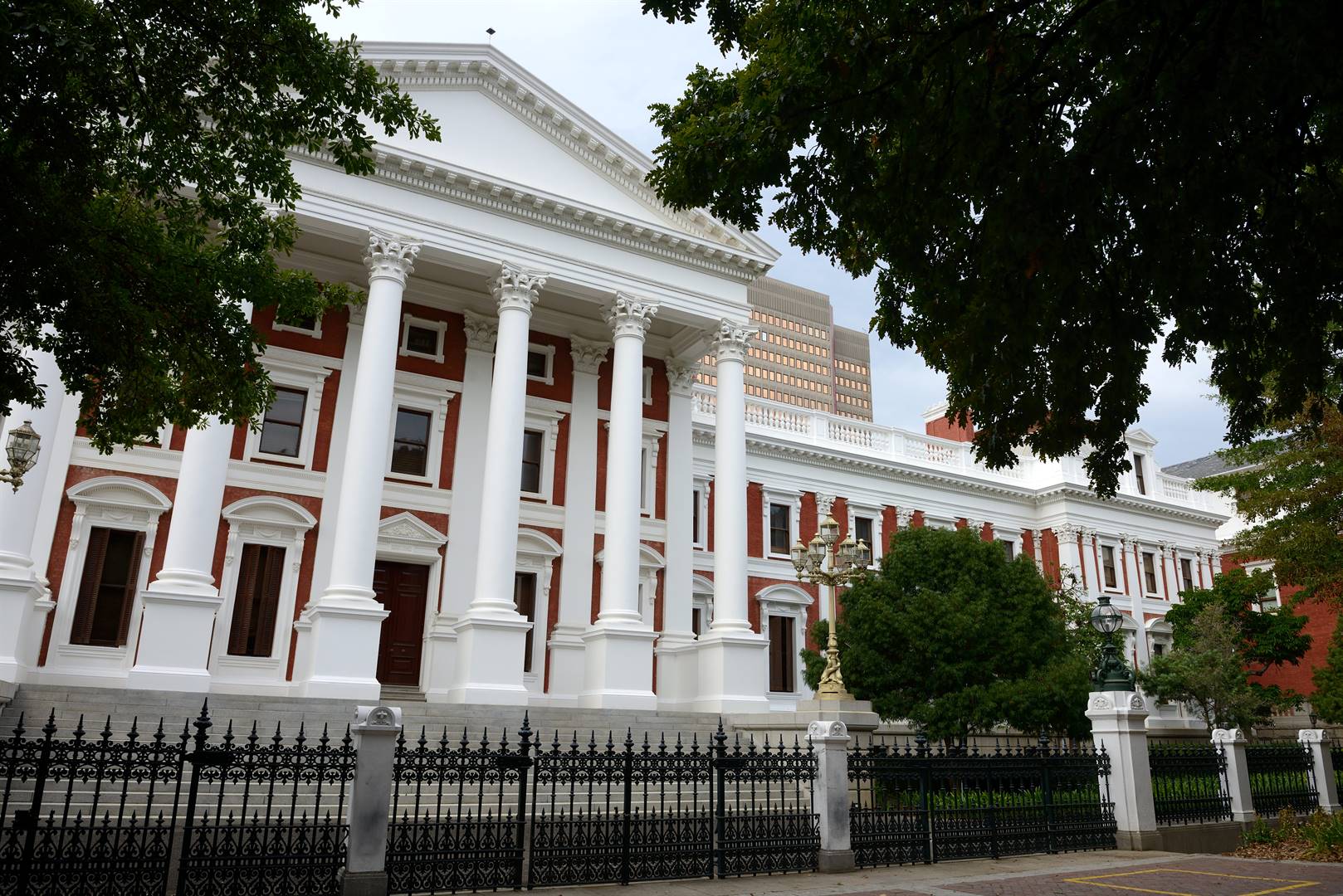
- Public Works and Infrastructure minister Patricia De Lille says 1 300 government properties are currently illegally occupied.
- The Department of Public Works and Infrastructure is working on finalising a contract for the issuing of eviction orders for persons illegally occupying government property.
- While destruction and theft of property as well as illegal occupation present a cost challenge to government, government is also required to find alternative property to people they displace form state property.
Invasion of government property has escalated in recent years, Parliament on Wednesday.
The ministers of transport and public works and infrastructure were responding to questions from Members of Parliament in a National Assembly plenary on the destruction of state infrastructure as well as the illegal occupation of state property.
Government has identified some 1 300 of its own properties that have been illegally occupied, Minister of Public Works and Infrastructure Patricia de Lille said in response to a question from DA MP Samantha Graham.
Entities that own the properties must continue to pay rates on them, she added.
De Lille said the Department of Public Works and Infrastructure was working on finalising a contract for the issuing of eviction orders for persons illegally occupying government property, which will be concluded by January.
Transport Minister Fikile Mbalula said his department was responding to court applications from nongovernmental organisations to prevent homeless people from being removed from land that they had settled on.
In response to a question from the ANC's Eunice Khumalo on the rail service and infrastructure development, he said the Passenger Rail Agency of South Africa (Prasa) had developed a plan to replace and repair damaged infrastructure in a phased approach.
He said that theft and vandalism of Prasa property only worsened during the Covid-19 pandemic.
But, he added, 5 000 guards would be deployed to improve the safety of the infrastructure.
Member of Parliament for the DA Christiaan Hunsinger told Mbalula that security contracts at Prasa had expired in August in 2019 and were not renewed, paving the way for theft and vandalism in 2020. The MP asked the minister why this was not addressed.
"The board found that security contracts were irregular, and this had to be rectified. Occupations on the central lines emerged because of a lack of security. That is why security approach currently is protecting what is left so Prasa can revitalise it," Mbalula said.
EFF MP Nontando Nolutshungu said failure to maintain and protect infrastructure on the Cape Town central line has allowed theft and destruction, asking: "When will the trains function at their full capacity again in Cape Town?"
"Prasa is working on removing the persons that have encroached on the network and find land to place them. We are working with the City of Cape Town and provincial government to find land for them. Once that happens, even by Christmas time, we can reconstruct that," Mbalula responded.
He said normality had to be restored as more than 20 000 people are transported by the Cape Town central line daily.
While destruction and theft of property as well as illegal occupation present a cost challenge to government, government is also required to find alternative property to people they displace form state property.
De Lille said the Department of Agriculture Forestry and Fisheries would initiate the plantation drive on the land in question once matters of invasions is resolved. She added that government will not remove people living on government property without finding and providing alternative land for occupants to live on.
Get the biggest business stories emailed to you every weekday.
Go to the Fin24 front page.
